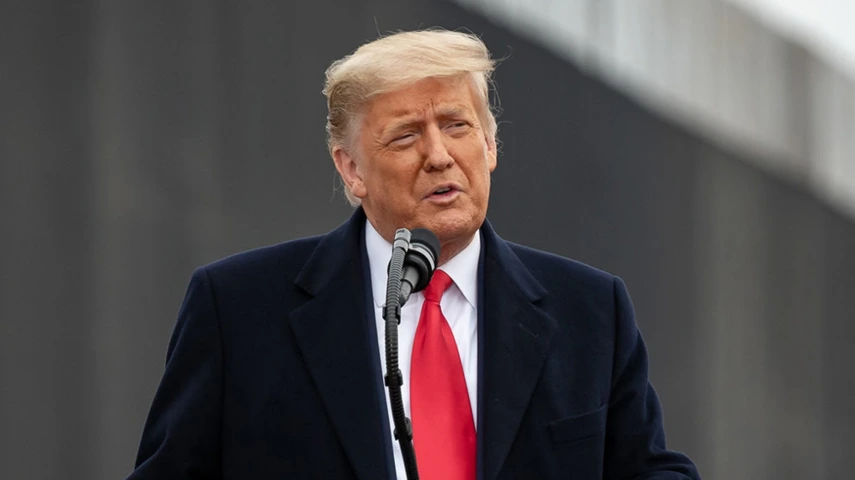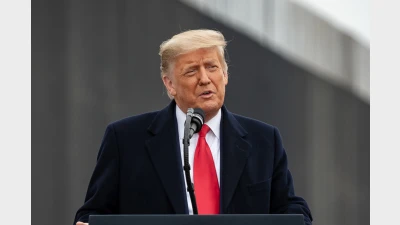UniSuper warns of volatility as US presidential intervention shakes markets



Australian super funds are monitoring the US closely as President Donald Trump increasingly intervenes in corporate policy, moves that are reverberating through global markets and prompting reassessments of portfolio risk.
In UniSuper’s latest podcast, head of fixed interest, David Colosimo, said Trump’s actions are having tangible effects on share prices.
“I think the most interesting thing we’re seeing now is that President Trump is exerting control over more and more aspects of the US economy, in particular dictating policy or granting exemptions to companies to serve his own agenda, and it’s starting to have some big impacts on share prices, too,” he said.
Intel, for example, rallied 23 per cent in August after Trump initially called for the resignation of its CEO, before agreeing to a deal granting him 10 per cent ownership. Apple avoided a planned 100 per cent tariff on chip imports by committing US$100 billion to domestic investment, becoming the best-performing “Magnificent Seven” stock for the month, up nearly 12 per cent.
Trump also granted licences for Nvidia and AMD to resume exports of computer chips to China, subject to a 15 per cent export fee. Colosimo said the moves reflect a departure from longstanding US economic principles.
“It really feels like he’s turning his back a little on the principles that have helped the US economy thrive, and he’s doing that in favour of a more government-planned economy. We do need to think about the long-term impact of that,” he said.
After the US closed on Friday, the US Court of Appeals suggested Trump’s reciprocal tariffs were beyond his authority under his national emergency powers.
The court allowed the tariffs to remain in place for now, signalling the ruling is likely only a minor obstacle, but Colosimo said super funds will be watching closely.
“It is worth watching how that tariff agenda plays out,” he said.
In July, UniSuper defied its own cautious forecasts, posting stronger returns than the previous year despite chief investment officer John Pearce warning in May that the fund would likely “muddle through” after a standout period for tech. The fund’s default Balanced option returned 10.3 per cent, up from 9.2 per cent the year before, while its Growth option gained 11 per cent in FY2024–25.
“We’re very pleased to deliver these returns to our members over a tough year, building on our record of strong long-term returns. UniSuper continues to focus on investing in quality assets, adding further diversification for our members and ensuring our portfolios are well positioned for the long term,” Pearce said at the time.
Sharing that he once believed in “American corporate exceptionalism”, Pearce said Trump “is turning out to be horrible for business”.
“The biggest threat to American corporate exceptionalism is indeed Donald Trump,” he said.
“Like every other fund, we are questioning our exposure to the US. It would be fair to say that we’ve hit peak exposure and will be reducing over time.”
Recommended for you
Australia’s largest super funds have deepened private markets exposure, scaled internal investment capability, and balanced liquidity as competition and consolidation intensify.
The ATO has revealed nearly $19 billion in lost and unclaimed super, urging over 7 million Australians to reclaim their savings.
The industry super fund has launched a new digital experience designed to make retirement preparation simpler and more personalised for its members.
A hold in the cash rate during the upcoming November monetary policy meeting appears to now be a certainty off the back of skyrocketing inflation during the September quarter.









